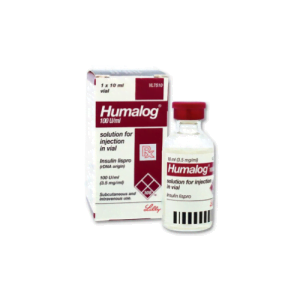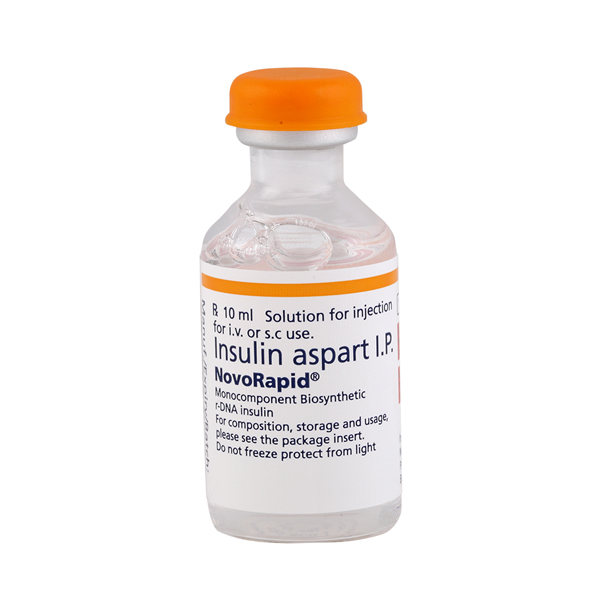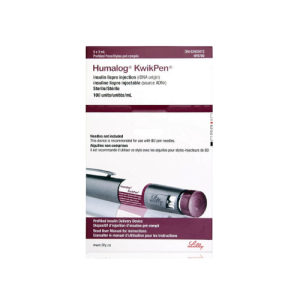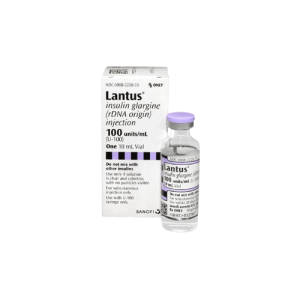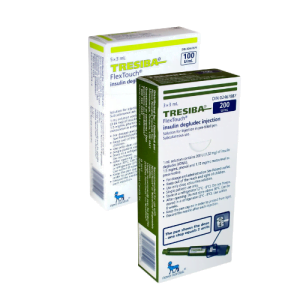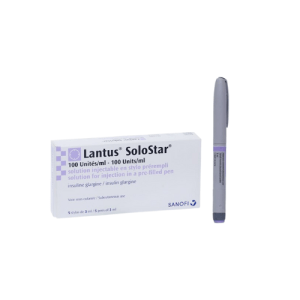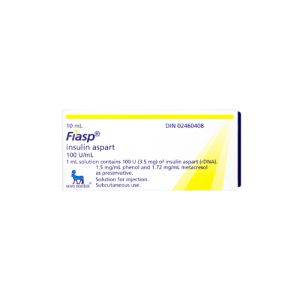What are polyphenols?
Polyphenols are plant-based compounds with several health benefits. They include flavonoids, phenolic acids, and lignans naturally occurring in plants. These compounds are popularly known for their antioxidant properties, which can prevent cell damage and the development of certain chronic disorders.
How do polyphenols improve blood sugar regulation and manage diabetes?
Because of polyphenols’ antioxidant properties, they reduce inflammation. One condition that is heavily connected to inflammation is diabetes, a chronic illness that negatively affects the body’s ability to use and process glucose.
But how does polyphenol lower blood sugar levels?
Aside from their anti-inflammatory capacity, polyphenols can break down starch into simple sugar. This process lowers the risk of blood sugar spikes after a meal. Additionally, they stimulate insulin, a hormone that lets sugar enter the cells and keeps blood glucose levels under control.
According to studies, following a polyphenols-rich diet can cause a significant improvement in blood sugar balance. It also improves insulin sensitivity, which is key in managing diabetes.
More research also suggests that polyphenol-rich diets can reduce the risk of developing type 2 diabetes by up to 57%. The process involves consuming high amounts of polyphenol-rich foods regularly.
Nevertheless, polyphenol has indirect support towards the prevention of Type 2 diabetes.
Research shows that Polyphenols can improve gut health by promoting the growth of healthy gut bacteria and blocking the development of harmful ones. Can this process improve diabetes management? YES!
A healthy gut supports an improved metabolism, a healthy heart, and a healthy weight. Since obesity is one of the factors responsible for triggering Type 2 diabetes, achieving a healthy gut can prevent the onset of this condition.
Other health benefits of polyphenols
One.
According to studies, one risk factor for heart disease is chronic inflammation. Thankfully, polyphenols’ ability to reduce such inflammation can prevent the onset of cardiovascular conditions.
Two.
The presence of lignans (types of polyphenols) lowers the risk of heart-related deaths by 45%. Lignans can be found in whole grains and flax seeds. Such foods not only improve heart health but also manage diabetes.
Foods high in polyphenols
The following varieties of foods contain a generous amounts of polyphenols:
Fruits and vegetables:
- Apples
- Apricots
- Grapes
- Blackberries
- Blueberries
- Grapes
- Lemon
- Grapefruit
- Pears
- Peaches
- Plums
- Strawberries
- Raspberries
- Broccoli
- Spinach
- Red lettuce
- Potatoes
- Carrots
- Asparagus
- Artichokes
Legumes and Grains
- Tofu
- Soy milk
- Yogurt
- White beans
- Black beans
- Rye
- Whole wheat
- Oats
Nuts and Seeds
- Walnuts
- Pecans
- Chestnuts
- Hazelnuts
- Almonds
- Flax seeds
Other food varieties
- Green tea
- Ginger
- Red wine
- Olive oil
- Vinegar
- Coffee
- Dried basil
- Dried parsley
- Peppermint
- Spearmint
- Rosemary
- Sage
- Thyme
- Cloves
Takeaway
Adding some of these polyphenol-rich foods to your daily meal can benefit your blood sugar regulation. However, it is also necessary to factor in their carb content and GI index for best results. Again, always check with your dietitian or healthcare professional before planning your diet while on your treatment with diabetes.







